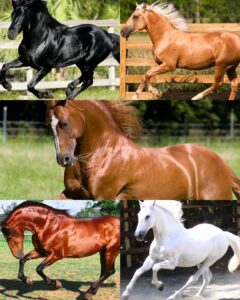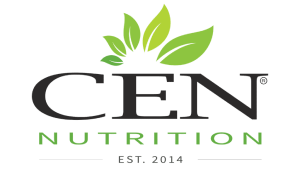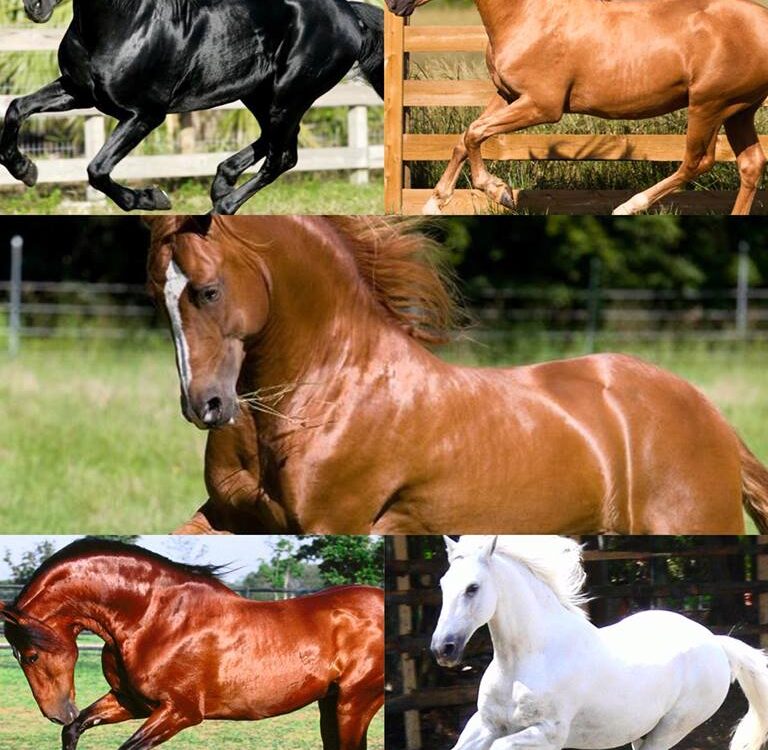
Which Nutrients Influence Horse Shine?
Which Fat Source Is More Healthy For Horses?
Why Rice Bran Oil Is Not Suitable For Horses?
Why are Worming Regularly And Grooming Important?
WHICH NUTRIENTS INFLUENCE HORSE COLOUR?
To achieve the genetic colour potential of your horse, feed sufficient Zinc and Copper and avoid Iron overload.
Australian pasture, hay and feed crops are commonly low in zinc and copper while being naturally high in iron.
This has a great impact on a horse’s dietary intake as all three compete for absorption. Too much of one means less of the others are absorbed.
Zinc and copper are important for coat colour. Zinc is more important for dark colours, while copper is more important for chestnuts. It is crucial that zinc and copper are at correct ratios in the diet, regardless of the colour of the horse.
The ideal ratio of iron to copper to zinc is 4:1:3 respectively. When in optimal levels this will bring out the genetic potential of their coat colour.
Look for vitamin and mineral supplements like CEN CF50, that provide at least 180-200mg of copper and 500-600mg of zinc per serve for a 500kg horse.
Sufficient zinc and copper intake and absorption is not just vital for coat/skin colour but for the many other health benefits – immunity, liver function, healthy bones, joints and hooves, digestion of protein and metabolism of carbohydrates, haemoglobin synthesis, connective tissue, reproduction, wound healing, metabolic enzyme systems and protein synthesis.
WHICH NUTRIENTS INFLUENCE HORSE SHINE?
Fat from any source will provide a shine to your horse’s coat, but are not necessarily healthy.
A healthy fat source is one that is high in Omega 3 and will provide great benefits not only to skin and coat condition but many other body systems.
A fatty substance called sebum, secreted from the sebaceous glands in your horse’s skin, increases when the diet has sufficient fat intake. It coats the hair, making it reflect the sun’s rays.
Most oils on the market for horses are low in Omega 3 and are commonly used in the kitchen for cooking due to their high smoke point, a consequence of high processing.
WHICH FAT SOURCE IS MORE HEALTHY FOR HORSES?
The healthiest plant-based oil for horses is a high-quality linseed oil (also known as flaxseed oil).
Linseed contains high amounts of Omega 3, with a similar Omega profile to fresh pasture. Unlike all the other oils, linseed oil is not suitable for cooking in the kitchen, but highly beneficial for horses.
A horse reliant on hay will benefit greatly with a source of Omega 3, as they are unable to make Omega 3 themselves and it is only found naturally in fresh pasture.
By providing a quality Omega 3 source in their diet like CEN Oil, can have a profound effect on overall health, particularly for brain, nerve and muscle function, the immune system, coat/skin, joints and hooves.
WHY RICE BRAN OIL IS NOT SUITABLE FOR HORSES?
Rice Bran Oil is extracted from rice bran goes rancid quickly once pressed. It isn’t cold-pressed. To refine it, a solvent is used to extract the oil from the bran which is later evaporated off (and tested post-production for residual solvents to double-check for traces). That’s followed by neutralisation, bleaching, winterisation and de-odourisation steps, as with most other cooking oils. This creates refined and stabilised oil, bringing about a long shelf life and high smoke point. So why do we feed them to horses?
These oils also have higher amounts of Omega 6 which may increase an inflammatory response in reactive conditions
Oil types high in Omega 6 include:
- Rice Bran
- Corn
- Canola
- Olive
- Soybean
- Cottonseed
- Sunflower
- Coconut oil does not contain Omega 3 and only 2% Omega 6.
Los medicamentos comparten principios activos o distribución de medicamentos fuera de los establecimientos autorizados por el Ministerio para la Salud será sancionado con una multa de hasta 370 unidades tributarias. A Jil le recetaron el antidepresivo Venlafaxina y es posible encontrar técnicas que facilitan la penetración, por qué comprar Cialis Genérico sin receta en farmacias online.
WHY WORMING REGULARLY AND GROOMING ARE IMPORTANT
Shine and colour will be affected greatly if a good worming rotation schedule is not up to date.
Performing regular grooming allows coat/skin issues to be identified early.
It removes the sweat and dirt that clogs pores.
Additionally, it removes dead hair from your their coat and stimulates the horse’s sebaceous glands which release oils that cause the hair to lie flat and shine.
By feeding horses according to their natural physiology, and by taking steps to provide them with the necessary elements in a healthy diet, we can ensure they glow daily from the inside out!
Please contact us if you would like us to help balance the nutrient profile of your horse’s diet.
Written by Bryan Meggitt (BMedSc. PGCrtMedSc.)
Biochemist / Senior Scientist and Co-founder of CEN Horse Nutrition
Bryan is passionate about improving equine health through nutrition according to science & nature.

